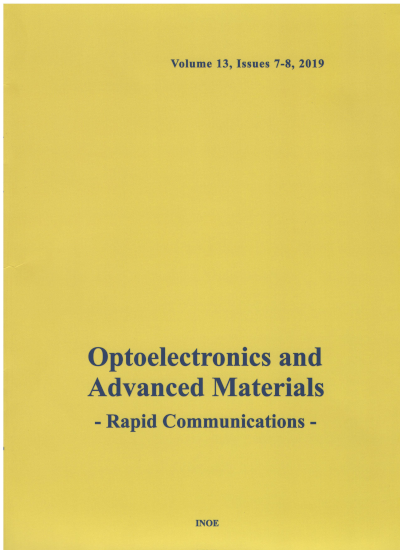Abstract
The thermal residual stresses (TRS) induced in ceramic matrix composites (CMCs) with multi layered interphases when
cooling down from the processing temperature, have a significant influence on the mechanical behavior and lifetime of CMCs.
The objective of this work is to minimize the TRS of the unidirectional CMCs with multi layered interphases by controlling the
interphases thicknesses. A hybrid strategy incorporating finite element computation, artificial neural network (ANN) based
response surface method (RSM) and differential evo lution (DE) algorithm is proposed to predict the TRS of CMCs. The finite
element method is adopted to calculate the TRS distribution within CMCs and the ANN based RSM (is employed
to approximate the non linear relationship between the design parameters and the TRS of the designed CMCs. The
well trained ANN RSM is finally used to find the minimum TRS. The results show the proposed methodology could estimate
the TRS of different design solutions and identify the best one..
Keywords
Ceramic matrix composites, Thermal residual stresses, Differential evolution algorithm Response surface method method,
Artificial neural network Finite element method.
Citation
TAO YOU, QIMAN WU, YINGJIE XU, Minimizing thermal residual stresses in ceramic matrix composites by u sing DE and ANN based response surface method, Optoelectronics and Advanced Materials - Rapid Communications, 9, 5-6, May-June 2015, pp.709-719 (2015).
Submitted at: April 10, 2015
Accepted at: May 7, 2015
